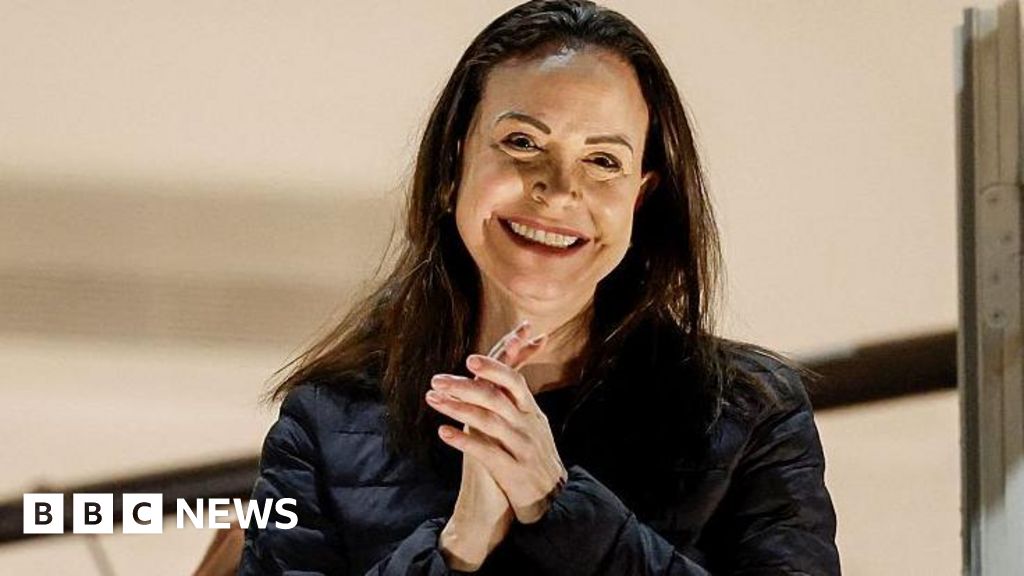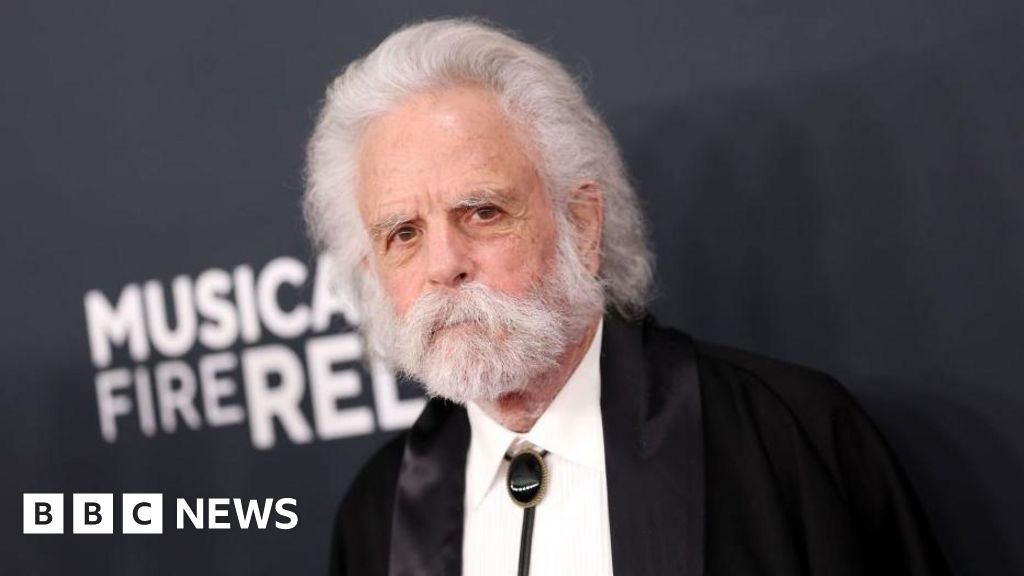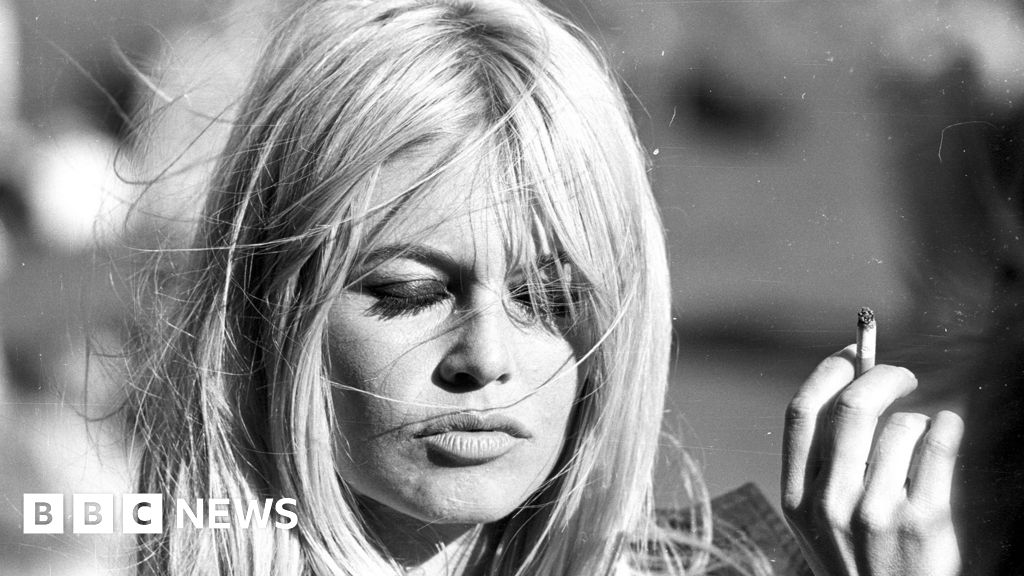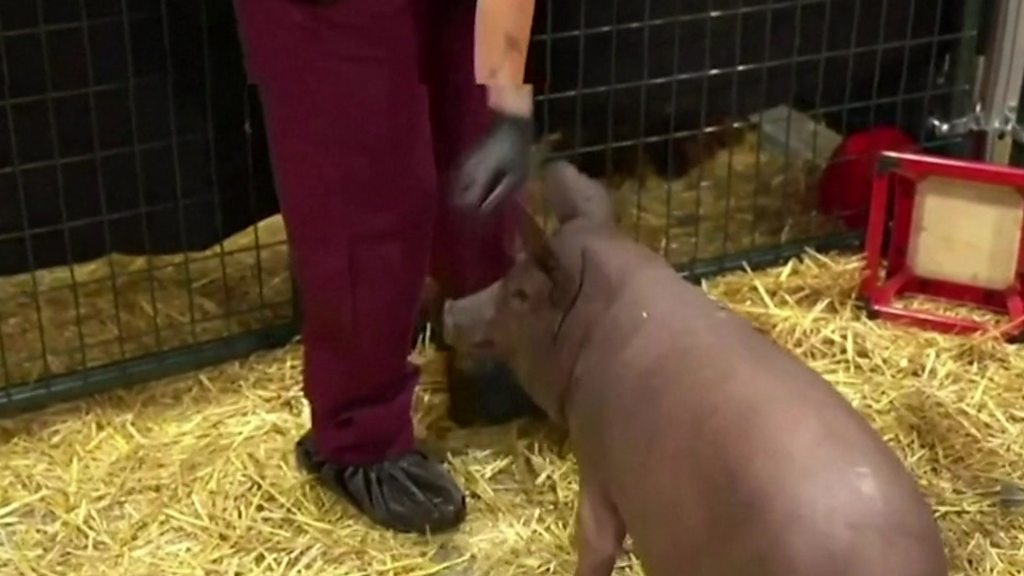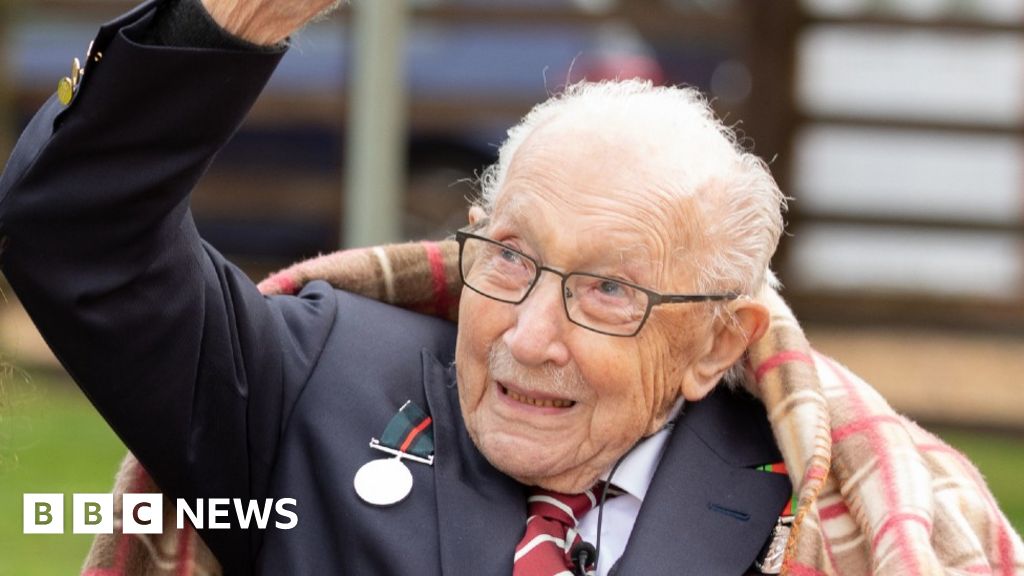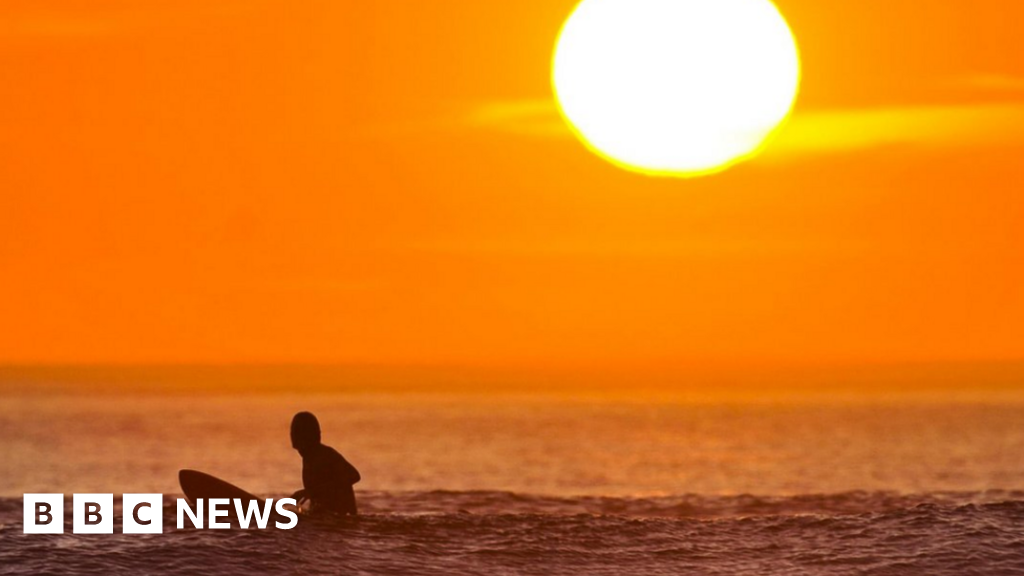Image copyright
Jordan Mossom
Daytime Disability documents the daily life of Jordan Mossom who has Duchenne muscular dystrophy
A photographer from Cumbria with a rare muscle-wasting condition has turned the camera on himself to document the reality of living with a disability.
Daytime Disability is a personal account that attempts to put the viewer in the shoes of Jordan Mossom who has Duchenne muscular dystrophy.
The images show the reality of a life dependant on medical equipment and support staff for independence.
The 23-year-old from Maryport said he hoped it would raise awareness to a wider audience, as well as being a “source of inspiration to other young men who have the condition, so they have something to relate to in the public eye”.
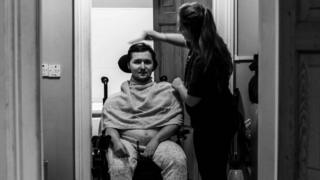
Image copyright
Jordan Mossom
The autobiographical project gives an insight into the daily support from carers and equipment Jordan relies upon to allow him to carry out tasks like eating, bathing and getting dressed.
Captured in the first months of the coronavirus lockdown between March and May, Jordan, who was shielding, said it gave him a “useful distraction from the boredom that started to set in from the monotony of each day”.
Jordan directed his carers to set up the tripod and camera and made test shots so he could preview the images and adjust the settings and compositions.
He is also able to fire the camera when needed, using a remote control.
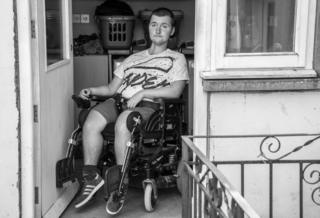
Image copyright
Jordan Mossom
Displayed in the final exhibition of his course at the University of Cumbria, the BA (Hons) Photography graduate said: “I’m so proud I completed the course and glad that the three years of hard work has paid off.
“I never imagined I’d get to this point when I first started the photography course in 2017.
“I’ve had many obstacles to overcome but I’ve managed to do a lot more than complete my degree, I’ve learned a lot as a person, both in myself with my confidence, and the new skills I’ve learned as a photographer, such as using the darkroom and coming up with new ideas and ways of showing off my work.
“I think I have found my voice as a photographer and a person, a far cry from the quiet and timid person I once was three years ago.”
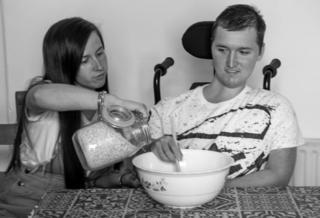
Image copyright
Jordan Mossom
Duchenne muscular dystrophy is a severe neuromuscular disorder that limits life expectancy.
Jordan said for him, photography was “a way of getting away from it all”.
“It’s quite difficult to choose a favourite from my project, but I’d have say the one of me using the cough assist with the support staff stood beside the bed.
“I also like the image where I’m in mid air in the hoist that helps me transfer from my wheelchair to bed or bath/toilet or anything else I might sit at.
“People don’t get to see what my life is like once I get in the house and the door is shut,” he said.
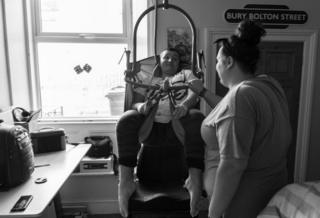
Image copyright
Jordan Mossom
The photographs not only show him using items such as a ventilator and hoist, but provide a personal insight into his relationship with support workers Lauren, Brooke and Heather.
Carer Lauren Richardson, said: “Jordan’s actually quite quiet, he’s usually quite a reserved person, so to see him not only get his university degree, but mix with new people and have photos that are as personal as they are shared, yeah, I’m really really delighted for him.”
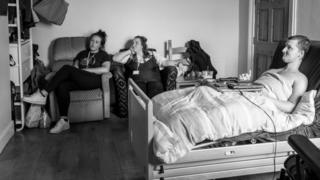
Image copyright
Jordan Mossom
Jordan added: “These image choices may be too medical for some people to take in, but it’s a daily part of my life that until this project, people generally had no idea that I used medical equipment, like the profiling bed, ceiling track hoist and ventilator/cough assist machines.
“Hopefully it brings some confidence and inspiration to young men who have to use these on a daily basis or are about to start using them and don’t feel comfortable to, as you don’t get to see the emotion in the stock pictures you see of medical equipment being used, they tend to look very set up and awkward looking.”
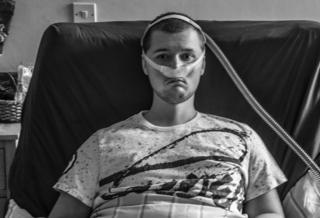
Image copyright
Jordan Mossom

Follow BBC North East & Cumbria on Twitter, Facebook and Instagram. Send your story ideas to [email protected].
.


